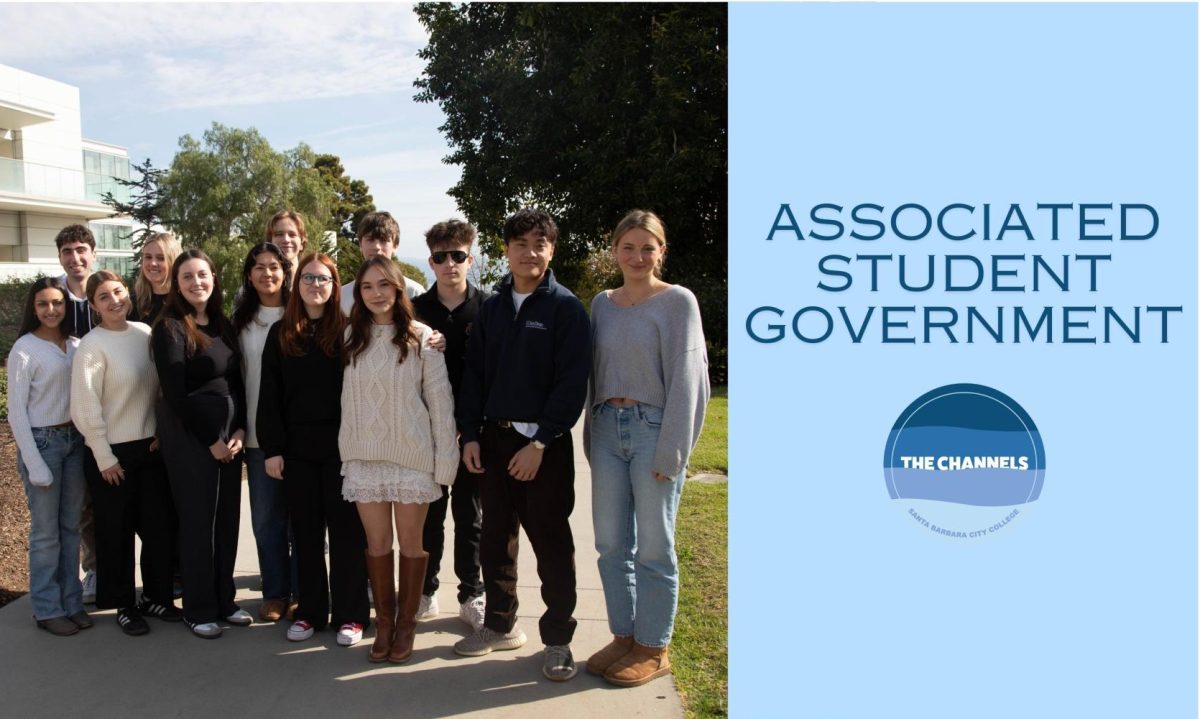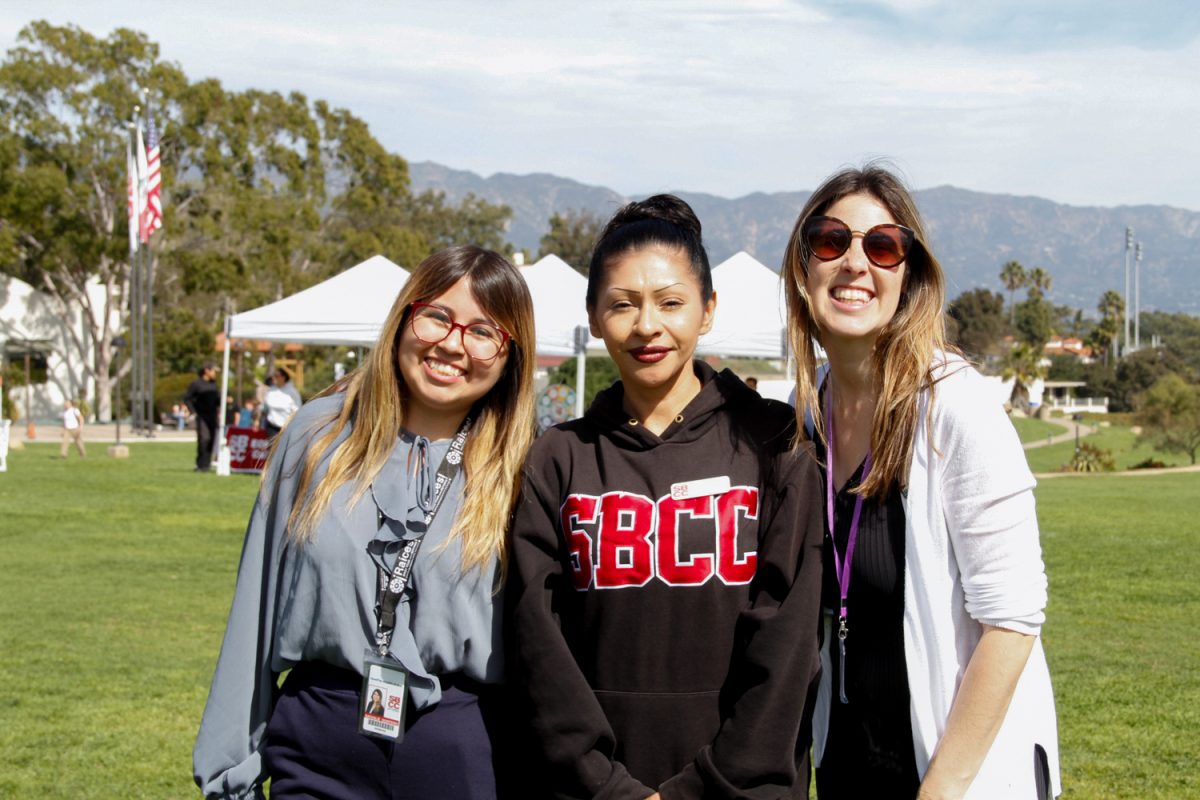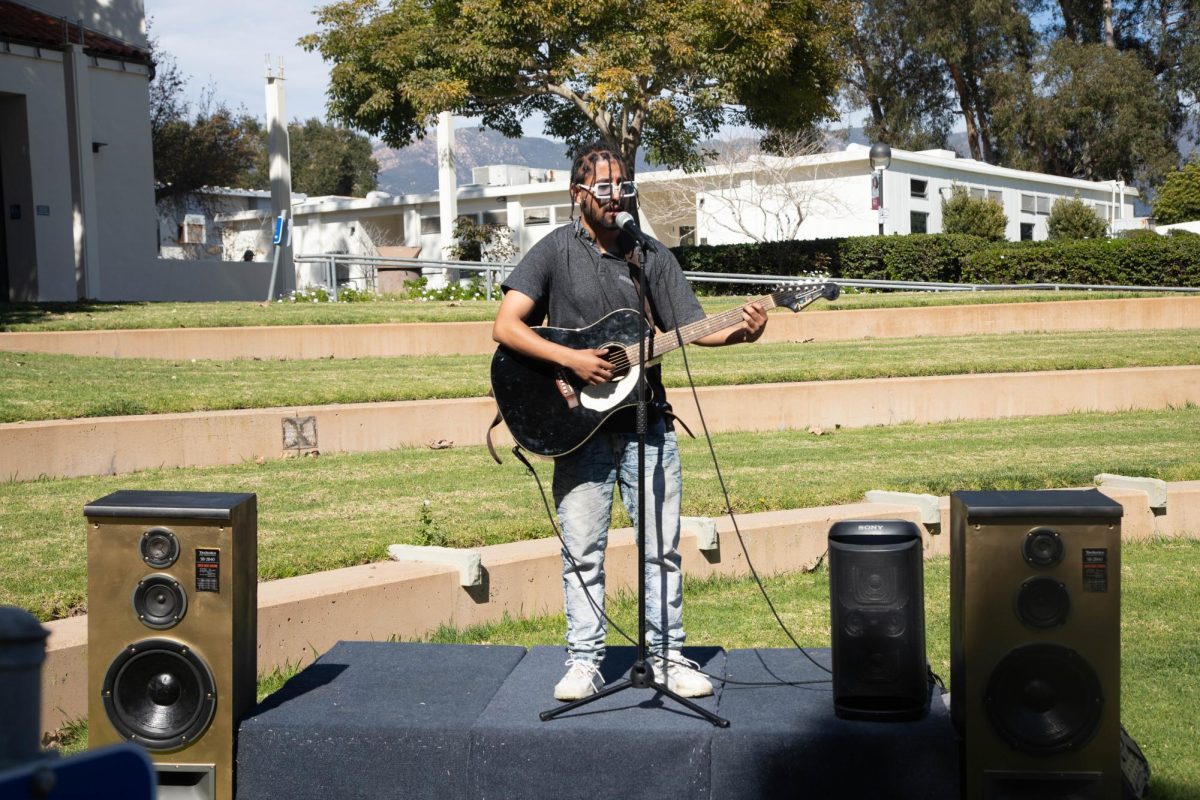The Board of Trustees approved the 2019-2022 Student Equity Plan at its meeting Thursday.
The plan was approved with a vote of 4-3, with trustees Veronica Gallardo, Marsha Croninger and Craig Nielsen opposing.
“While everything’s still a work in progress, I can’t give it my vote,” Gallardo said. “I just have not found the research to justify some of these [activities].”
Trustee Gallardo was referring to the activities described in the plan to address equity gaps. Some of these include Crossroads Anti-Racism Training for staff and faculty, targeted outreach and onboarding and Guided Pathways, among others.
“The text, to me, feels insufficiently inclusive,” Croninger said. “It feels like we are focused on certain issues and not all issues… The one comment I made in our last meeting was, could we define equity?”
Croninger then read her paragraph that she wrote out to define equity, which she purposely made very broad.
“The thing I don’t want to do is change something that a whole lot of people have put a whole lot of work into and have come to closure on,” said Vice President Peter Haslund, suggesting the board send the feedback to the Student Equity Committee.
However, the Oct. 15 deadline to have the plan at the Chancellor’s Office is quickly approaching.
“[The plan] is saying that we have institutional racism. Racism is everywhere,” Nielsen said. “I really disagree with making that a bigger point in this and if that’s not removed, I’m going to vote no… I think what we’re doing here is creating groups of people and highlighting the difference.
“I think the point of equity is to help certain people who need it the most, not to help everybody informally,” Trustee Jonathan Abboud said.
There were some concerns raised by staff and faculty about the process by which earlier drafts of the Student Equity Plan were created.
At the Aug. 28 Academic Senate meeting, a letter was read during the public comments addressing the concerns faculty members had about names that were added to the June 3 draft without their full participation in the planning process.
“This college has a history of adding the names of faculty of color onto documents without their consent to falsely claim that faculty of color were included in the process,” the letter read. “Our practice of misusing the names of our colleagues of color has and continues to cause harm.”
Any and all names have since been taken out of the current Student Equity Plan.
“The names listed on the plan is not the major issue,” said Professor Counselor Gwyer Schuyler, who read the letter at the Academic Senate meeting. “The major issue with the draft equity plan was the flawed process that limited people’s involvement and input into the plan’s creation. It ended up that just a couple of administrators wrote the draft equity plan – that was not an inclusive process.”
English professor Melissa Menendez, whose name was included in the draft, was part of the math and English Workgroup but said she only met once with her workgroup and once with the entire group working on the plan. She also never saw the final product before it was sent to be reviewed by the Academic Senate and College Planning Council.
“I just think it’s ironic. For this plan to be treated this way is revealing,” Menendez said. “[The plan] is supposed to be inclusive. This is not only a missed opportunity for employees of this institution but for the students.”
While the Student Equity Plan has been approved and will be sent to the Chancellor’s Office, the institution will continue to work on improving this plan.
“I am hoping that there will be campus-wide conversations about equity and how the college can help students, especially students who are members of groups that have been historically marginalized,” Schuyler said.
The Board of Trustees will reconvene at its next regular meeting on Nov. 14.















